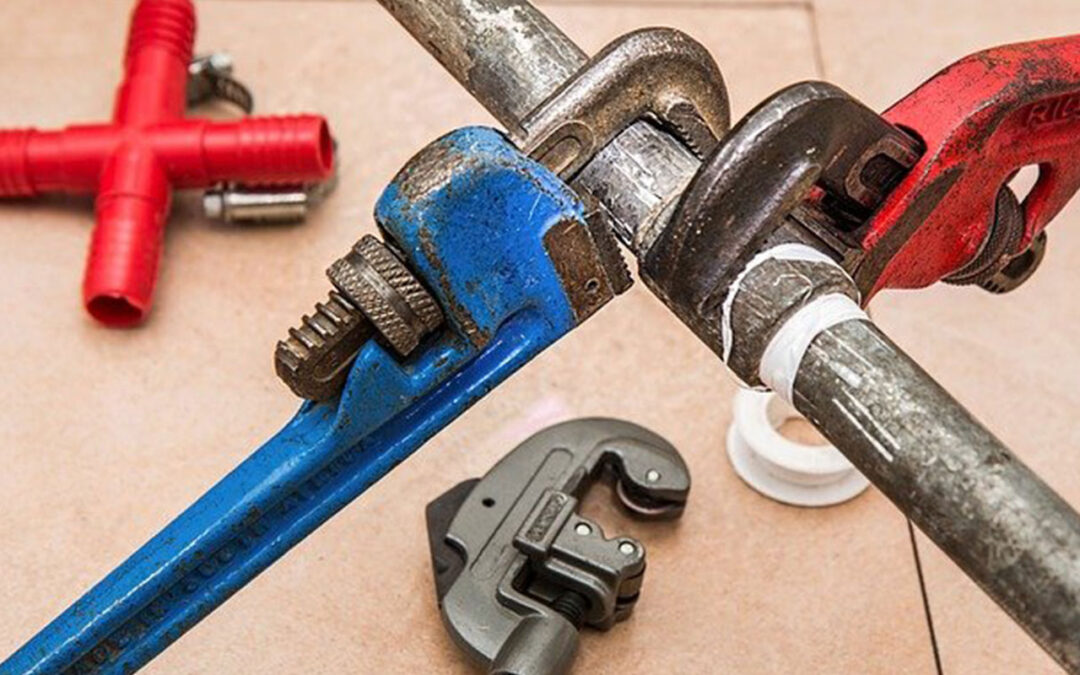I learn lot of life lessons through my characters. They teach me things about life, love, and balance. For instance, when writing Beneath Everything, Sarah taught me how to stop rushing through life and how to discover my purpose.
I learn a lot through them. And, I also learn a lot through trial and error and experiencing challenges. For instance, this past winter was chocked full of life lessons for me. Let me explain…
I love when my parents visit. When they visited this past winter, I realized that I needed to learn a few practical things. I’m not talking about complex skills that I dream of learning someday. No, I’m talking about basic things that aren’t necessarily intuitive to the average person, but easy enough to learn if you take the time to learn them.
During my parent’s visit, I came across an important skill I needed, and after taking a few minutes to learn it (that’s really all it took), I will never have to worry about having trouble with it again.
Practical Things
How to Avoid Frozen Pipes.
 Here’s what happened. The timing of their visit couldn’t have been better. Two days before they arrived, I took my dog, Bumblebee, outside to the backyard so she could do her thing, you know, chase a few squirrels, bark at the trees, and of course, relieve herself. I was standing there admiring the mild winter day when I heard a dripping noise.
Here’s what happened. The timing of their visit couldn’t have been better. Two days before they arrived, I took my dog, Bumblebee, outside to the backyard so she could do her thing, you know, chase a few squirrels, bark at the trees, and of course, relieve herself. I was standing there admiring the mild winter day when I heard a dripping noise.
I looked behind me and noticed water dripping from the deck above. This was strange because three months earlier I had shut off the outside water. So, I’m standing there with my hands on my hips trying to figure out why this water was dripping from the copper piping of the water spigot on my upper deck. I mean the water’s been shut off for three months. I checked inside to make sure I did in fact shut off the water supply to the outside, and I did.
Fast forward two days and my parents arrive. My dad’s a master plumber, so he took a look right away.
Turned out I did in fact shut off the water to the outside, just not correctly. There’s a system to shutting off your outside water for the winter months. I did not know this. I thought, all I had to do was turn the knob and all would be fine.
Yeah. Well, there’s more to it than that.
Turned out I was supposed to disconnect my hoses, open up the spigots, and bleed the water from the pipes because apparently there’s a ton of water still left in them if you don’t do this critical step. Who knew? I don’t believe this is common knowledge. I’ve owned this home for over ten years and never knew this. I’ve been very lucky. Turned out my pipe did burst and we had to replace it. Thankfully, my dad’s a plumber and can do that blindfolded if he really wanted to. Anyone else would’ve had to pay a plumber a lot of money to fix the problem.
This is a skill every homeowner should have. Yet, I don’t think that knowledge is passed down to people when they are handed the keys to their new homes. I certainly didn’t get the notice!
I had no clue how to winterize my water spigots. I honestly never asked my father because I assumed all I had to do was turn off the water source.
So, this little lesson I had learned got me thinking. What other practical skills should a person consider learning?
More Practical Things
How to Change a Tire
If you aren’t in a position to call for roadside assistance, you’re going to need to know how to take that bad tire off and put a new one on. For me to go through the steps on this podcast might put you to sleep. So, what I would recommend is to go on Youtube and search for how to change a flat tire. And if you prefer step by step writing instructions to keep in your car, then bridgestone.com has a wonderful guide. Print it and keep it handy in the event you’re stuck.
Another great resource that is chocked full of detailed instruction on how to change a flat tire can be found on this helpful website that’s all about the road and the vehicles we use to travel them. There’s also a helpful video to walk you through the steps.
How to Remember a Name
Another practical thing that many don’t think about learning is how to remember names. One of the simplest ways to make someone feel valued is by remembering her name. I think a lot of us take it for granted that we’ll remember when we need to. It’s not a thing most worry about. They hear a name, shake hands, walk away and don’t give the person’s name a second thought until they meet up again. I don’t know about you, but I’ve been in that situation more times than I care to admit. It’s embarrassing and easy to fix.
When you meet someone, repeat their name a few times during your initial conversation. Put their name to your muscle memory. Then, there’s always the verbal game or image you conjure up when you first meet someone. I love this and do it all the time now. For example, I have a neighbor with a pug named Max. Her name is Cindy. How I remember her name is by thinking it’s a sin to max out my credit card. Every time I see them, I think of a credit card maxed out and what a sin it is. Cindy and Max.
How to Apologize
 I have another good practical skill that can be a life-changer. You should know how to say “I’m sorry” and “I was wrong.” Many of us get this wrong. I’ll firmly admit that I’m stubborn and have too much pride at times to be able to apologize. It’s taken me a long time to learn this valuable skill, thanks to the help of my spouse. Turns out the faster I apologize, the better I feel. Who knew?
I have another good practical skill that can be a life-changer. You should know how to say “I’m sorry” and “I was wrong.” Many of us get this wrong. I’ll firmly admit that I’m stubborn and have too much pride at times to be able to apologize. It’s taken me a long time to learn this valuable skill, thanks to the help of my spouse. Turns out the faster I apologize, the better I feel. Who knew?
It’s not comfortable for any of us to admit an error, or to acknowledge that something we’ve done has caused others harm or inconvenience. But when we do, we’re putting honesty above comfort, and that’s a brave thing to do.
So, how do you go from total stubbornness and even shame to hey, I’m really sorry?
You’ve to state the obvious. You must lead off with I’m sorry. Also stay in the first person. Never use the second person (the you did this or you didn’t do that language). All you’ll do by accusing the other person of being a part of the problem is set off defenses. Nothing gets solved in the environment of defenses. If you’re at fault. Own up to it. Period. You also have to say what it is you regret and leave it at that. Don’t end the sentence with an excuse. Be sure to offer a solution on how you can fix things. Then follow up and actually do it. Simple as that. Next thing you know, your shoulders will relax and you’ll be able to breathe lighter.
How to Show Gratitude
Showing gratitude seems like a fairly intuitive skill, but so many people fail to act on it.
I interview many people in my position at the university, and the best candidates are those who follow up with a handwritten thank you note. Yes, email is good, but handwritten is better. Let’s face it, it makes you feel special and appreciated when you receive that kind of attention.
When I get a handwritten note, a smile takes over my entire face and my finger can’t open that envelope fast enough. It reminds me of being a child and receiving letters from my aunt or from my pen pal in Denver. A handwritten note is a treasure. My sister is great at making sure her two sons understand the importance and significance of a handwritten note. I always send them birthday cards with a token gift, and a few weeks later, I open my mailbox to the delight of their handwritten thank you notes. I save them all. They are very special to me. There is a warmth to handwritten notes that goes a long way and can bring a person to a state of absolute joy.
How to Clean a Coffee Maker
 Lastly and probably most importantly, is how to clean a coffee maker effectively. Just recently, I went on a mad cleaning frenzy in my kitchen. I’d been sick with flu-like symptoms for four months and was tired of it. Well, when I took apart my coffee maker, I discovered something horrendous. I flashed a light into the water receptacle and discovered black mold. Yup. I’d been drinking black mold for who knows how long. I tossed the coffee maker out and bought a new one. Did you know that you are supposed to sanitize your coffee maker monthly? I’m embarrassed to say I didn’t. Apparently, this is a major health issue for many. Doctors are treating patients who suffer from chronic respiratory issues with antibiotics, nasal sprays, inhalers, you name it, and failing to realize the simple cause is a buildup of black mold in the coffee maker. Vinegar is all one needs to keep their appliance brewing clean coffee.
Lastly and probably most importantly, is how to clean a coffee maker effectively. Just recently, I went on a mad cleaning frenzy in my kitchen. I’d been sick with flu-like symptoms for four months and was tired of it. Well, when I took apart my coffee maker, I discovered something horrendous. I flashed a light into the water receptacle and discovered black mold. Yup. I’d been drinking black mold for who knows how long. I tossed the coffee maker out and bought a new one. Did you know that you are supposed to sanitize your coffee maker monthly? I’m embarrassed to say I didn’t. Apparently, this is a major health issue for many. Doctors are treating patients who suffer from chronic respiratory issues with antibiotics, nasal sprays, inhalers, you name it, and failing to realize the simple cause is a buildup of black mold in the coffee maker. Vinegar is all one needs to keep their appliance brewing clean coffee.
It’s recommended to clean with vinegar once a month, but the obsessive person in me is planning to do it once a week. Simply pour 4 cups of distilled white vinegar in the coffee maker water receptacle and brew it. Then, run clear water through the brew cycle twice afterwards. Voila. Clean, mold-free coffee! I’ve been able to toss out my inhalers and nasal sprays. I feel like a million bucks now!
So there you have it. Six practical things that are pretty intuitive and simple to put into practice. The effort to grasp them is minimal compared to the results of learning them and applying them. Just think, by learning them you could save yourself from a busted water pipe. You could gain a great opportunity to make someone feel valued by remembering her name. You can enjoy the stress-free feeling of admitting your faults. And let’s not forget the great feeling you’ll capture by going above and beyond to make someone feel super special just by taking that extra few minutes to let them know you care enough to put pen to paper when it would be much easier, but far less memorable, to send a text message.
Here’s to living in a constant state of improving through learning. Cheers!


